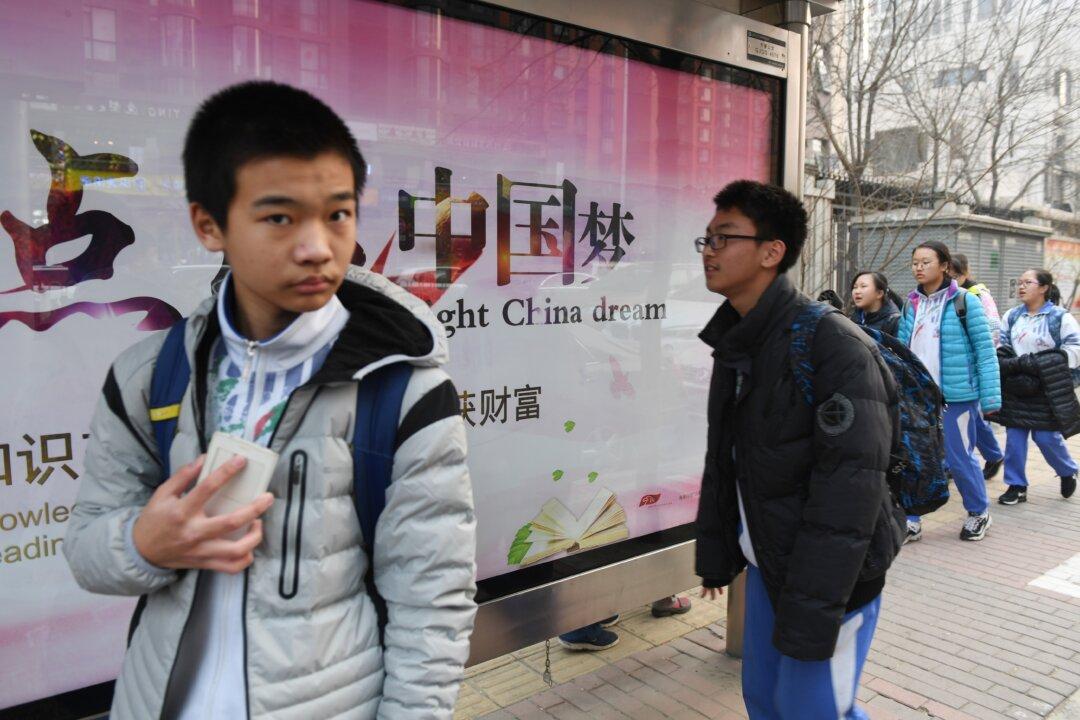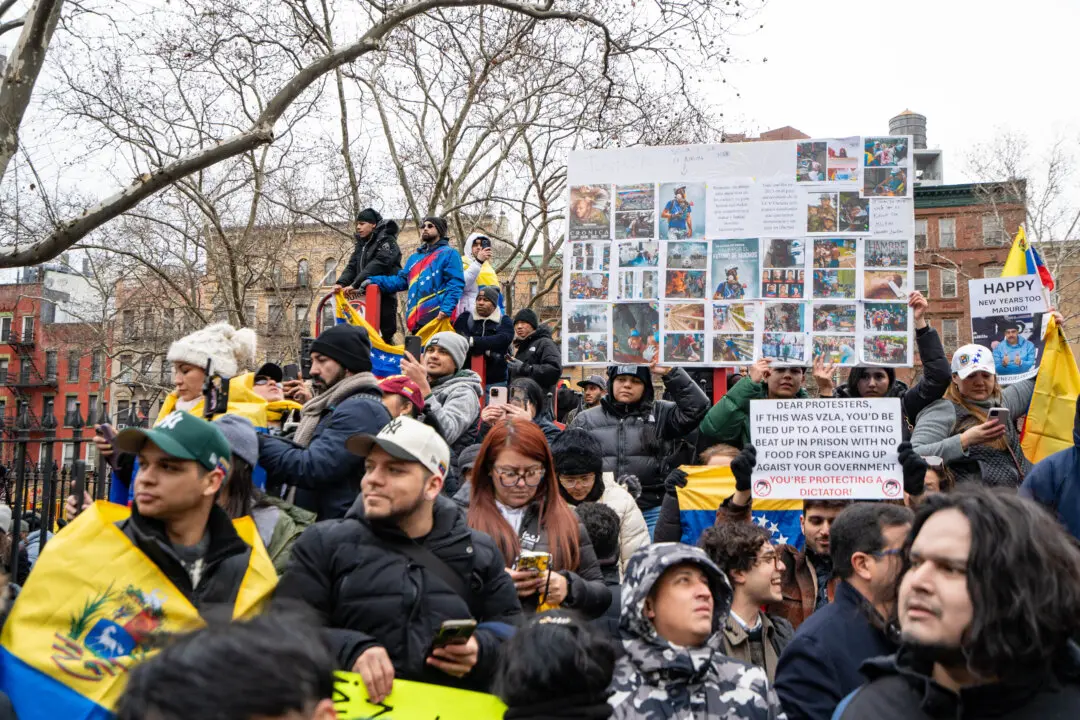It wasn’t so long ago that left-wing academics were singing the praises of the Chinese Communist Party. Take British academic David Runciman, for example, who informed us earlier this year that “the democratic cause is on the defensive, and China’s pragmatic authoritarianism now offers a serious rival model, based on economic promise and national dignity.”
Professor Runciman, addressing us from the cloistered halls of Cambridge University in the pages of the Wall Street Journal, is dead wrong on every single point.





